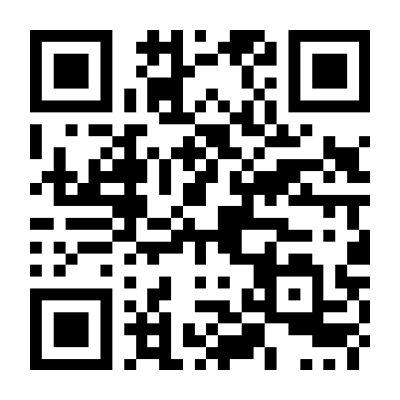单选题
0分
Any sufficiently advanced technology, noLed Arthur C. Clarke, a British science-fiction writer,is in...
Any sufficiently advanced technology, noLed Arthur C. Clarke, a British science-fiction writer,is indistinguishable from magic. The fast-emerging technology of voice computing proves his 1 . Using it is just like casting a spell: say a few words inLo the air, and a nearby device can 2 your wish.
The Amazon Echo, a voice-driven cylindrical computer that sits on a table top and answers to the name Alexa, can 3 music tracks and radio stations, tell jokes, answer trivia questions and control smart 4 ; even before Christmas it was already resident in about 4qo of American house holds. Voice assistants are 5 in smartphones, too: Apple's Siri 6 0ver2 billion commands a week, and 20% of Google 7 0n Android powered handsets in America are input by voice. Dictating e-mails and text messages now works 8 enough to be useful. Why type when you can talk?
This is a huge shift. Simple 9 it may seem, voice has the power to transform computing, by providing a natural means of interaction. Windows, icons and menus, and then touchscreens, were welcomed as more 10 ways to deal with computers than entering complex keyboard 11 . But being able to talk to computers . 12 the need for the abstraction of a "user interface" at aLI. 13 mobile phones were more than exisLing phones without wires, and cars were more than carriages without horses, so computers without screens and keyboards have the 14 to be more useful and powerful than people can imagine today.
Voice will not wholly 15 other forms of input and output. SomeLimes it will remain more 16 to converse with a machine by Lyping rather than talking. But voice is destined to 17 a growing share of people's interactions with the technology around them, from washing machines that tell you how much of the cycle they have left to virtual assisLants in corporate call-centres. 18 , to reach its full potential, the technology requires 19 . breakthroughs-and a resolution of the 20 questions it raises around the trade-off between convenience and privacy.
The Amazon Echo, a voice-driven cylindrical computer that sits on a table top and answers to the name Alexa, can 3 music tracks and radio stations, tell jokes, answer trivia questions and control smart 4 ; even before Christmas it was already resident in about 4qo of American house holds. Voice assistants are 5 in smartphones, too: Apple's Siri 6 0ver2 billion commands a week, and 20% of Google 7 0n Android powered handsets in America are input by voice. Dictating e-mails and text messages now works 8 enough to be useful. Why type when you can talk?
This is a huge shift. Simple 9 it may seem, voice has the power to transform computing, by providing a natural means of interaction. Windows, icons and menus, and then touchscreens, were welcomed as more 10 ways to deal with computers than entering complex keyboard 11 . But being able to talk to computers . 12 the need for the abstraction of a "user interface" at aLI. 13 mobile phones were more than exisLing phones without wires, and cars were more than carriages without horses, so computers without screens and keyboards have the 14 to be more useful and powerful than people can imagine today.
Voice will not wholly 15 other forms of input and output. SomeLimes it will remain more 16 to converse with a machine by Lyping rather than talking. But voice is destined to 17 a growing share of people's interactions with the technology around them, from washing machines that tell you how much of the cycle they have left to virtual assisLants in corporate call-centres. 18 , to reach its full potential, the technology requires 19 . breakthroughs-and a resolution of the 20 questions it raises around the trade-off between convenience and privacy.
参考答案: B
参考解析: 逻辑关系题。选项[A] Therefore表示因果逻辑;[B]However表示转折;[C] Likewise表示并列;[D] Although表示让步。该空上一句提到“语音会占越来越大的份额”,这是明显的肯定表述。该空下一句指出“要充分发挥潜能,语音技术还需要更多突破,而且必须解决由它引发的问题”。很明显,该句对语音的表述是否定的。故本空上下文是明显的“前肯后否”,即转折逻辑,故[B]为本题答案。

 百度扫一扫练题
百度扫一扫练题
 关注千题库公众号
关注千题库公众号








